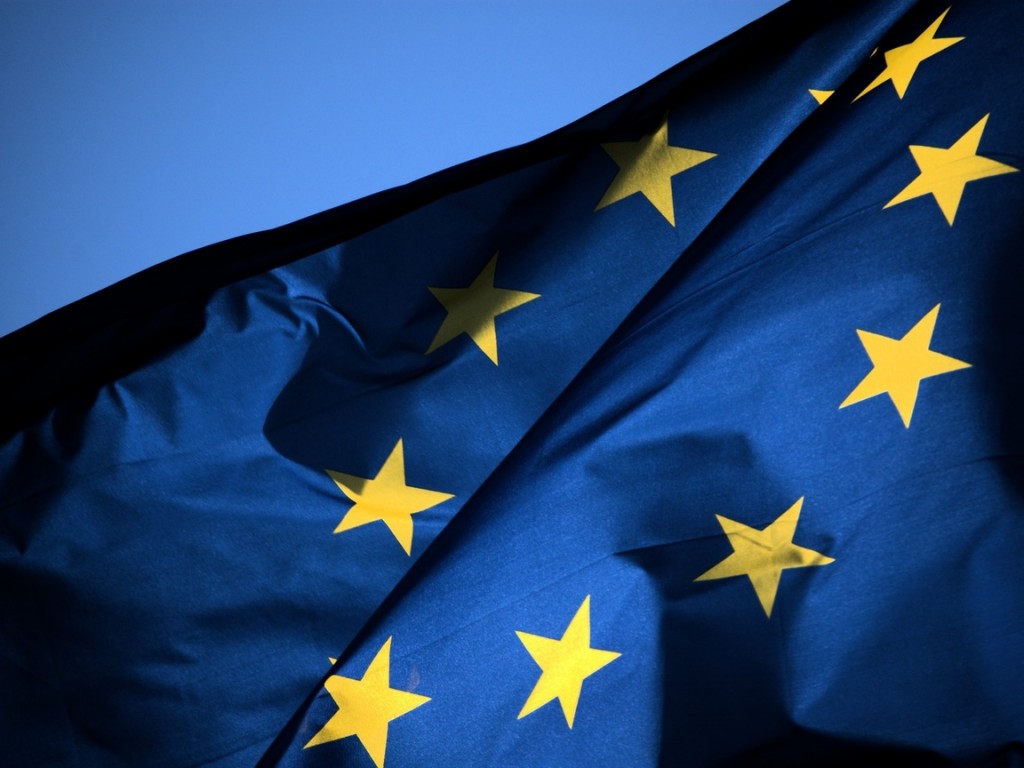ASTANA – Nine new projects funded by the European Union in Kazakhstan worth 3.8 million euros, were presented April 7 in Astana. The projects seek to improve living conditions, the development of democracy and human rights, the participation of civil society in a political dialogue at national and local levels, as well as the strengthen the rule of law.
The EU is contributing 3.2 million euros, or about 85 percent of the total cost. The projects are funded under the three thematic programmes of the EU – the programme to support judicial reform in Kazakhstan, the European instrument for democracy and human rights and the NGO and local government development programme. The initiatives meet Kazakhstan’s goal to implement institutional reforms within 100 concrete steps.
Ambassador of the EU in Kazakhstan Traian Hristea said that the event reflects importance of EU assistance in developing civil society in Kazakhstan.
“Since Kazakhstan has achieved the status of a middle-income country, starting in 2014 bilateral activities within the cooperation instrument for development are not being carried out anymore, but the country still has the full right to participate in the regional programme for Central Asia for 2014-2020,” he noted.
According to Hristea, the EU mission is engaged in several bilateral projects. One is facilitating Kazakhstan’s transition to a green economy with the receipt of 7.1 million euros from the EU and the other supports judicial reform with 12 million euro in funding.
During the period of 1991-2014, in order to provide direct support the EU financed over 350 projects in Kazakhstan worth 180 million euros. They were aimed at providing policy advice and technical assistance to various ministries, departments and committees of the Government of the Republic of Kazakhstan.
Under the Enhanced Partnership and Cooperation Agreement, Kazakhstan can receive financial and technical assistance from the EU based on a number of legal instruments. For the period of 2014-2020, those instruments are the Development Cooperation Instrument (DCI), the European Instrument for Democracy and Human Rights (EIDHR), the Instrument contributing to Stability and Peace (IcSP), the Nuclear Safety Cooperation Instrument, the Partnership Instrument, and enhancing the quality of education and student exchange within the framework of the ERASMUS+ programme.

